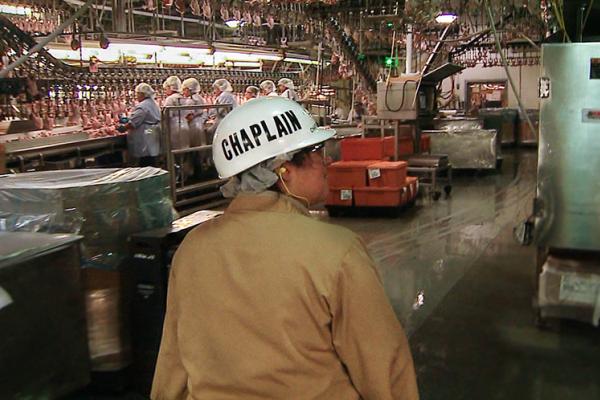Nov 2, 2015
They can be found on the battlefield, at a chicken-processing plant, and behind the locked gates of a prison.
They are chaplains, and as a two-hour, two-part documentary airing on PBS stations beginning Nov. 3 points out, they minister to people of all religions and none in places where they work and live.
“Their ministry really does bring them into some of the most extraordinary places where people are in crisis and need,” said Journey Films producer/director Martin Doblmeier in an interview.
Read the Full Article

Already a subscriber? Login
